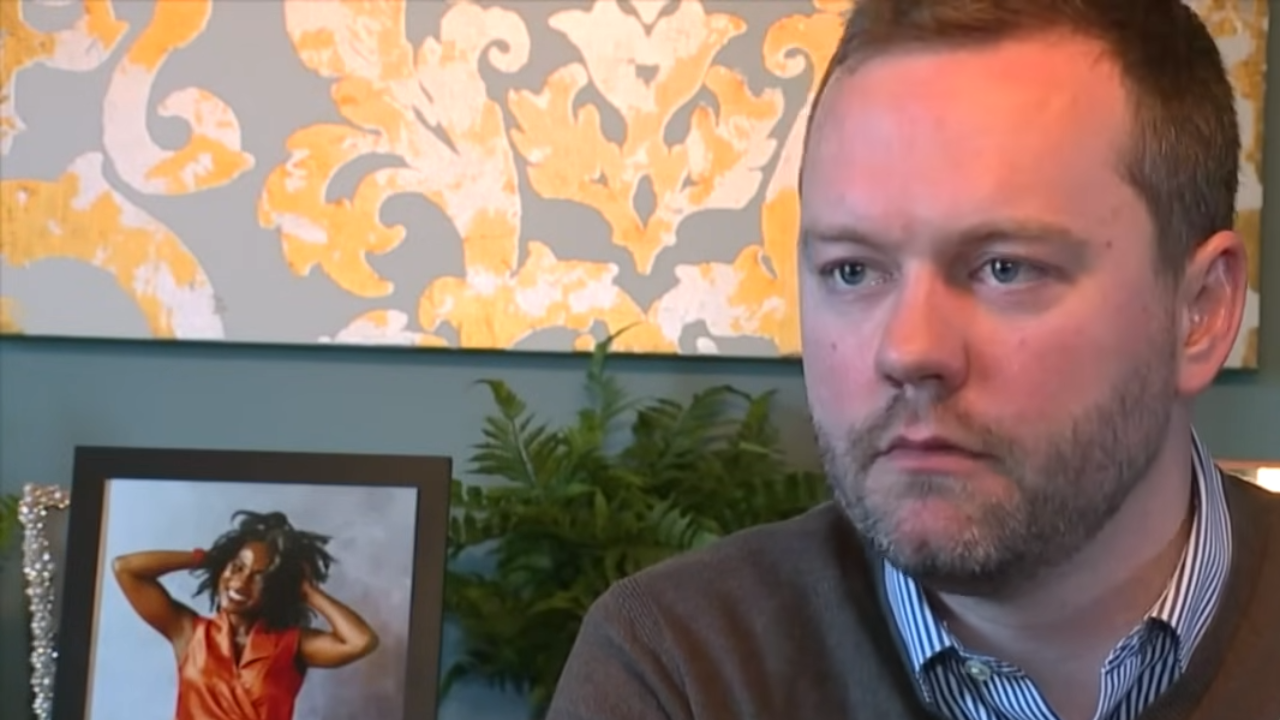Former Kansas City Chiefs cheerleader Krystal “Krissy” Anderson and her husband, Clayton Anderson, felt like they had finally received another chance to grow their family after they learned last November that she was pregnant again. Her pregnancy with baby James had ended in a stillbirth. But at age 40, Krystal was pregnant again.
Clayton told ABC News he saw their second chance for parenthood as a “little sign from” James. Despite the couple believing he was sending them a hopeful message, they had concerns. Krystal was Black. She was older. She’d lost a child before.
Just one of those factors was particularly risky, but the Andersons were navigating a frightening trifecta. So, they requested high-risk care from the onset, Clayton told ABC. But doctors told the couple they would have to wait until Krystal was three and a half months pregnant, he said, as you “can’t start a plan with maternal-fetal medicine or the high-risk maternity doctors until you get to week 14.”
“All pregnancy is high risk, especially, moreso, when you’re a woman of color, or you’re older,” Clayton contended, “and they should be treated that way from the start.”
Krystal died March 20, four weeks short of getting the specialized care she and her husband wanted. Unfortunately, the outcome for Krystal is the same for many Black mothers, who are at least three times more likely to die from pregnancy-related complications when compared to white women. Charlotte Willow, the Andersons’ daughter, died four days before her mother. And like her, Charlotte became another tragic data point that shows that Black babies — even those from wealthy moms — die at a higher rate than those born to poor white mothers.
The Black community is familiar with well-known and well-off Black mothers having to fight for themselves to receive appropriate care during pregnancy and after delivery. Tennis champion Serena Williams had to advocate for herself…
Read the full article here



